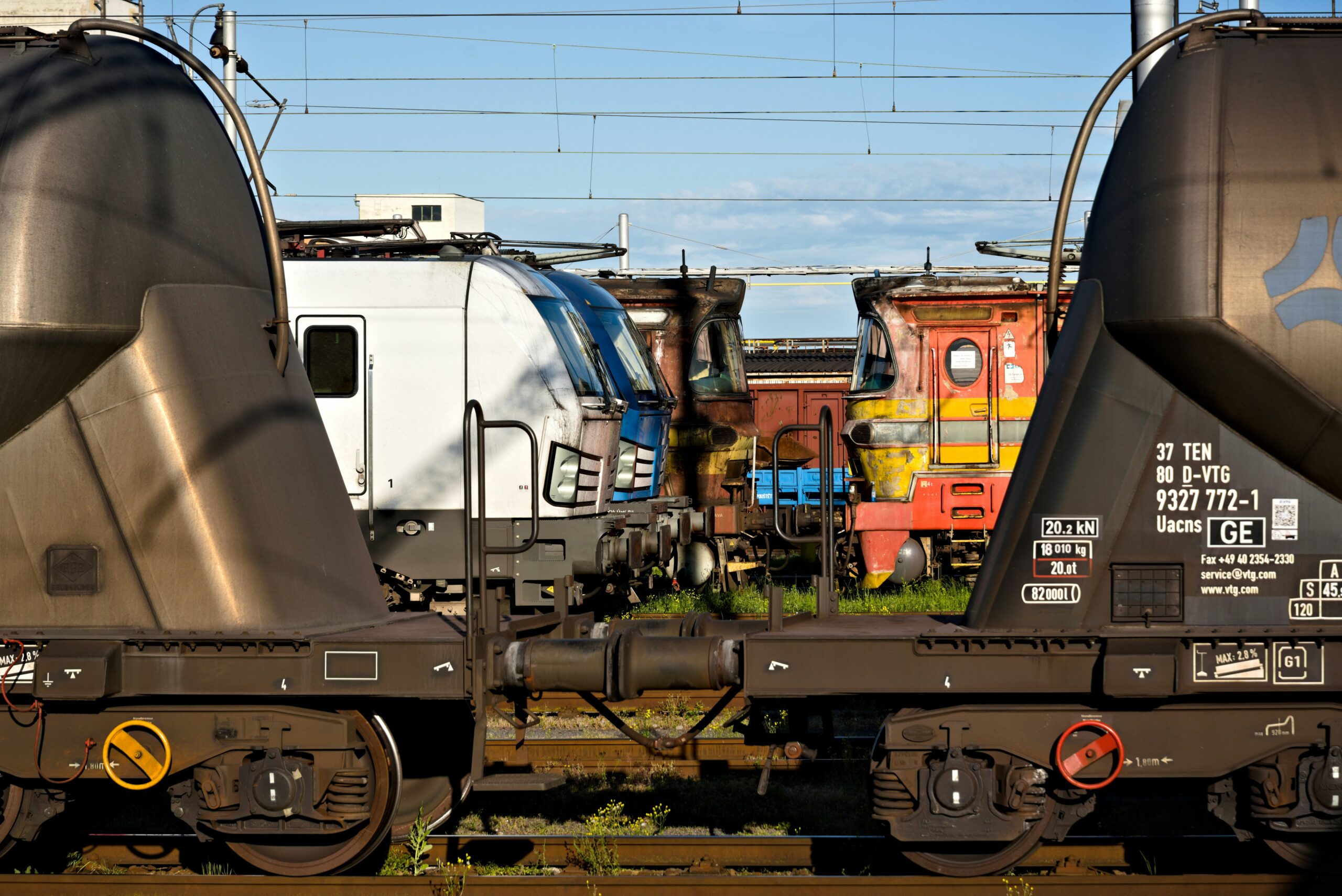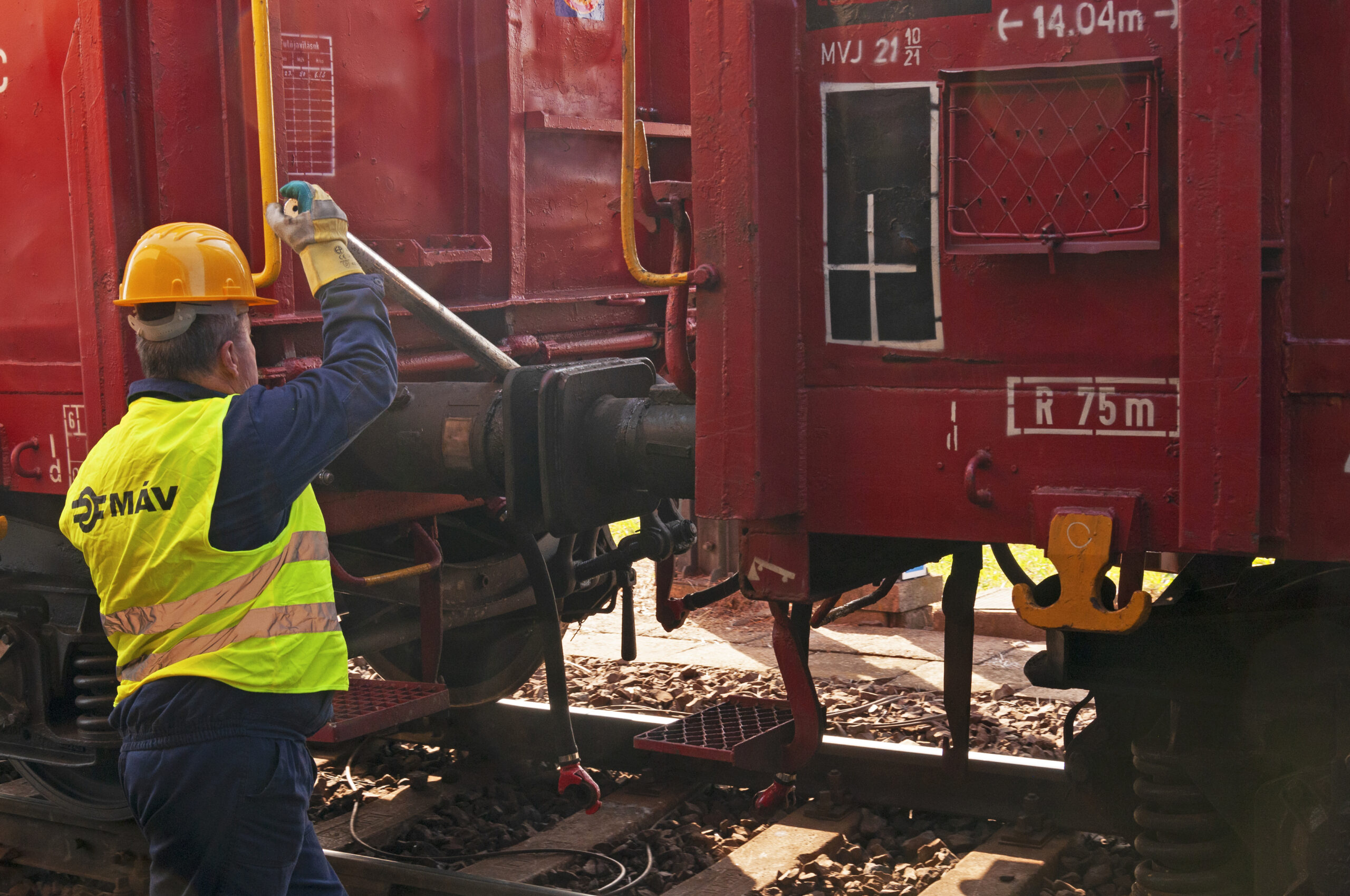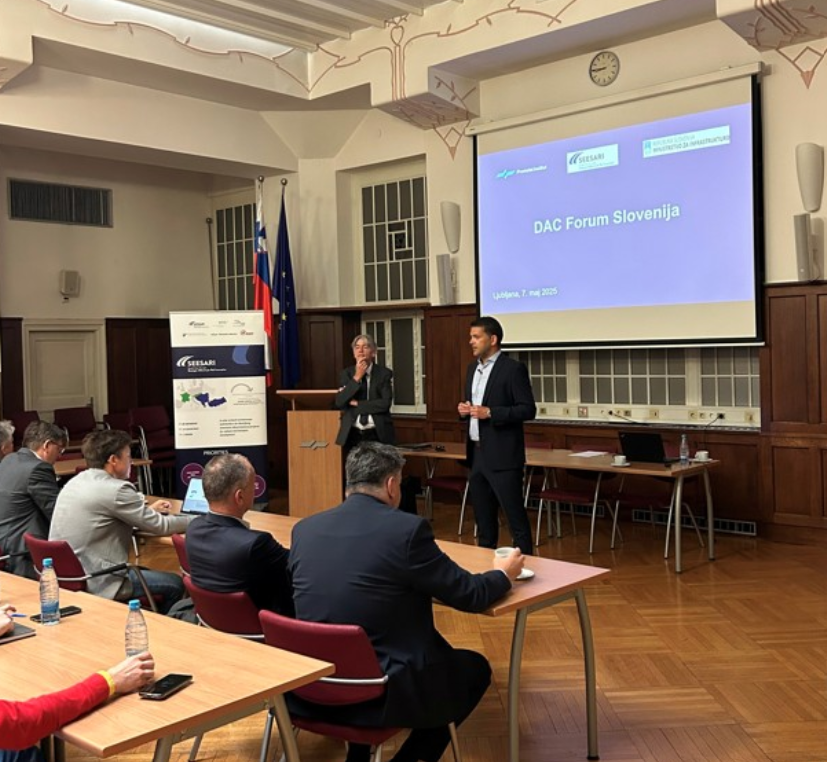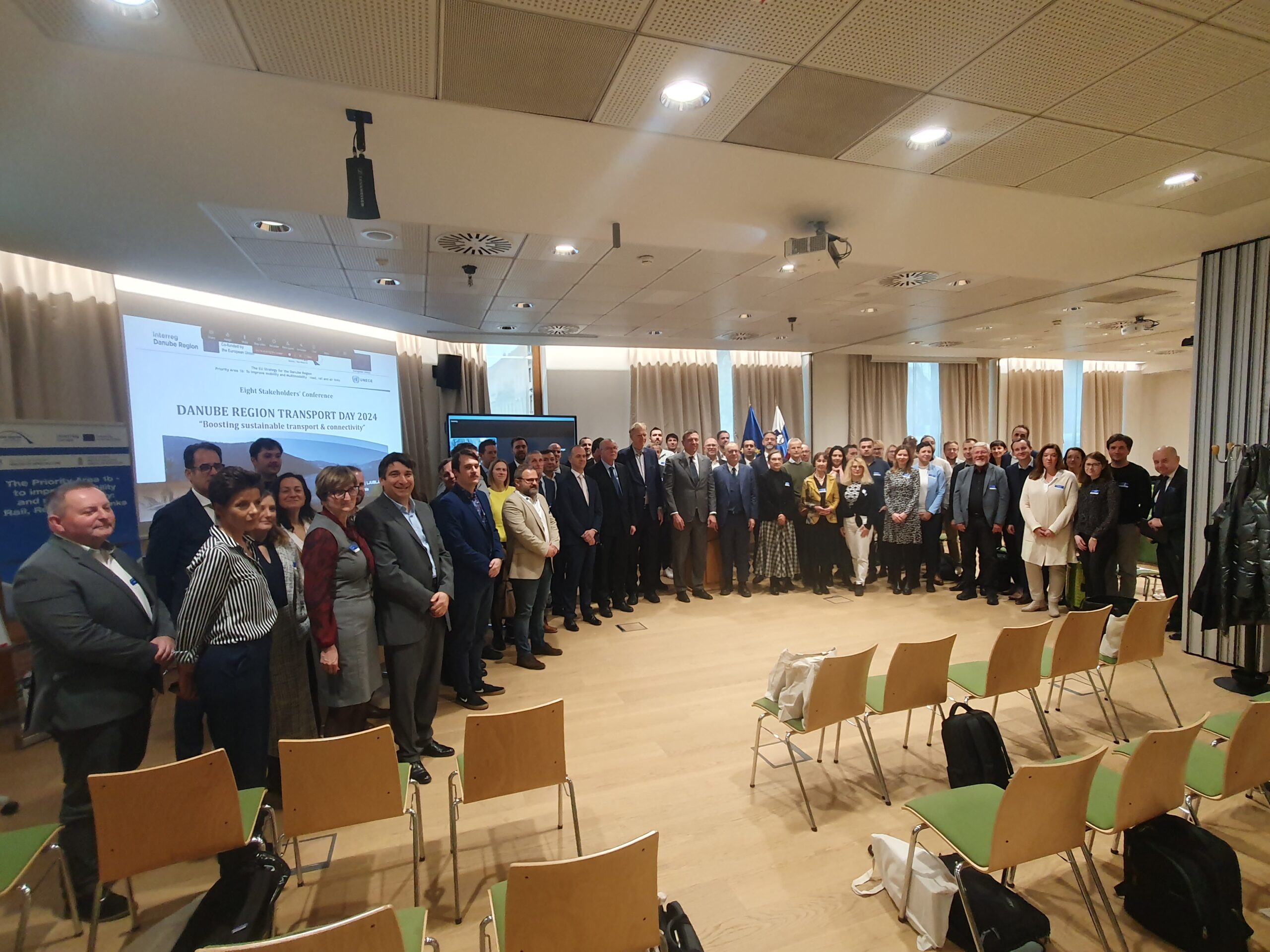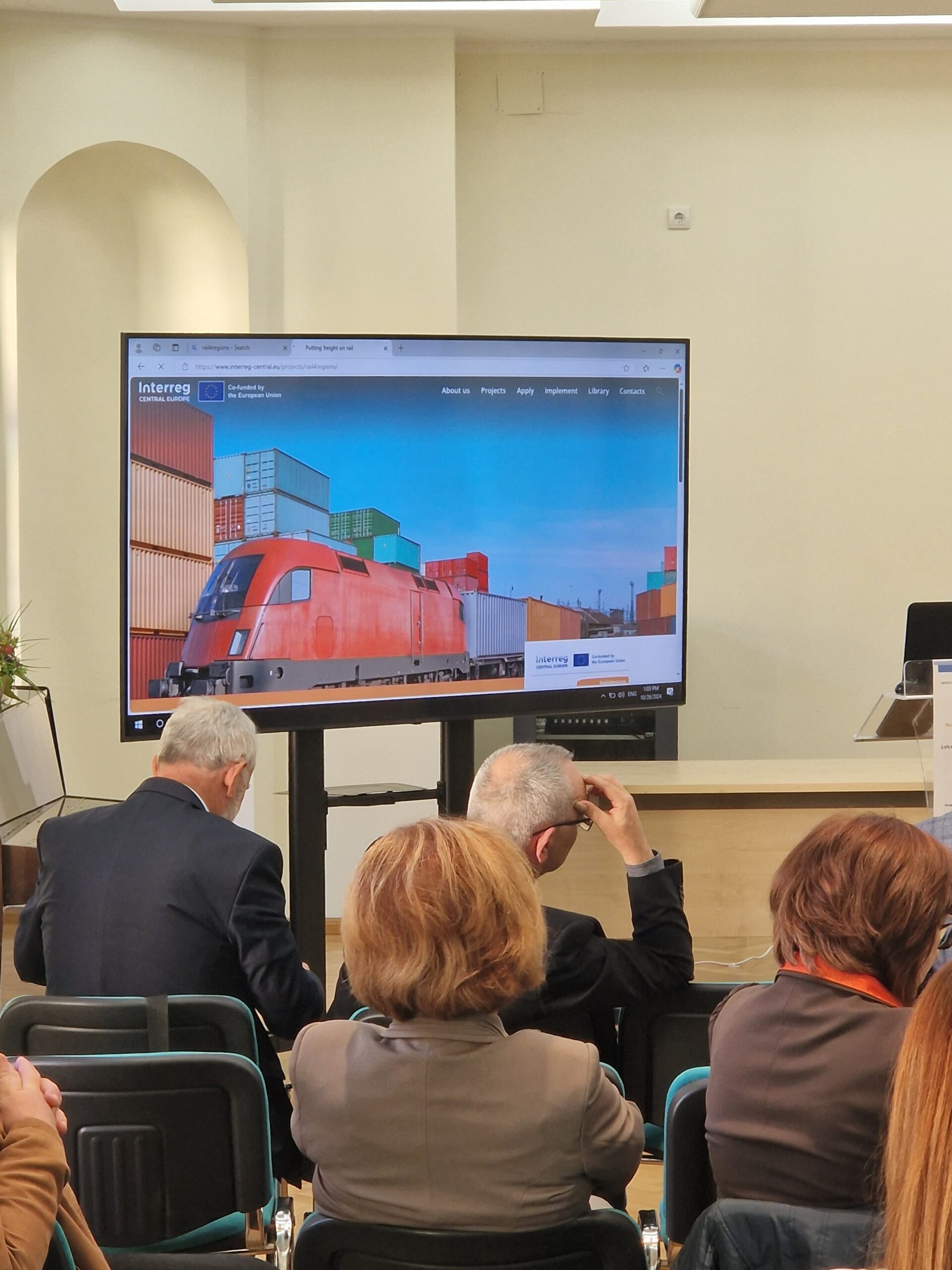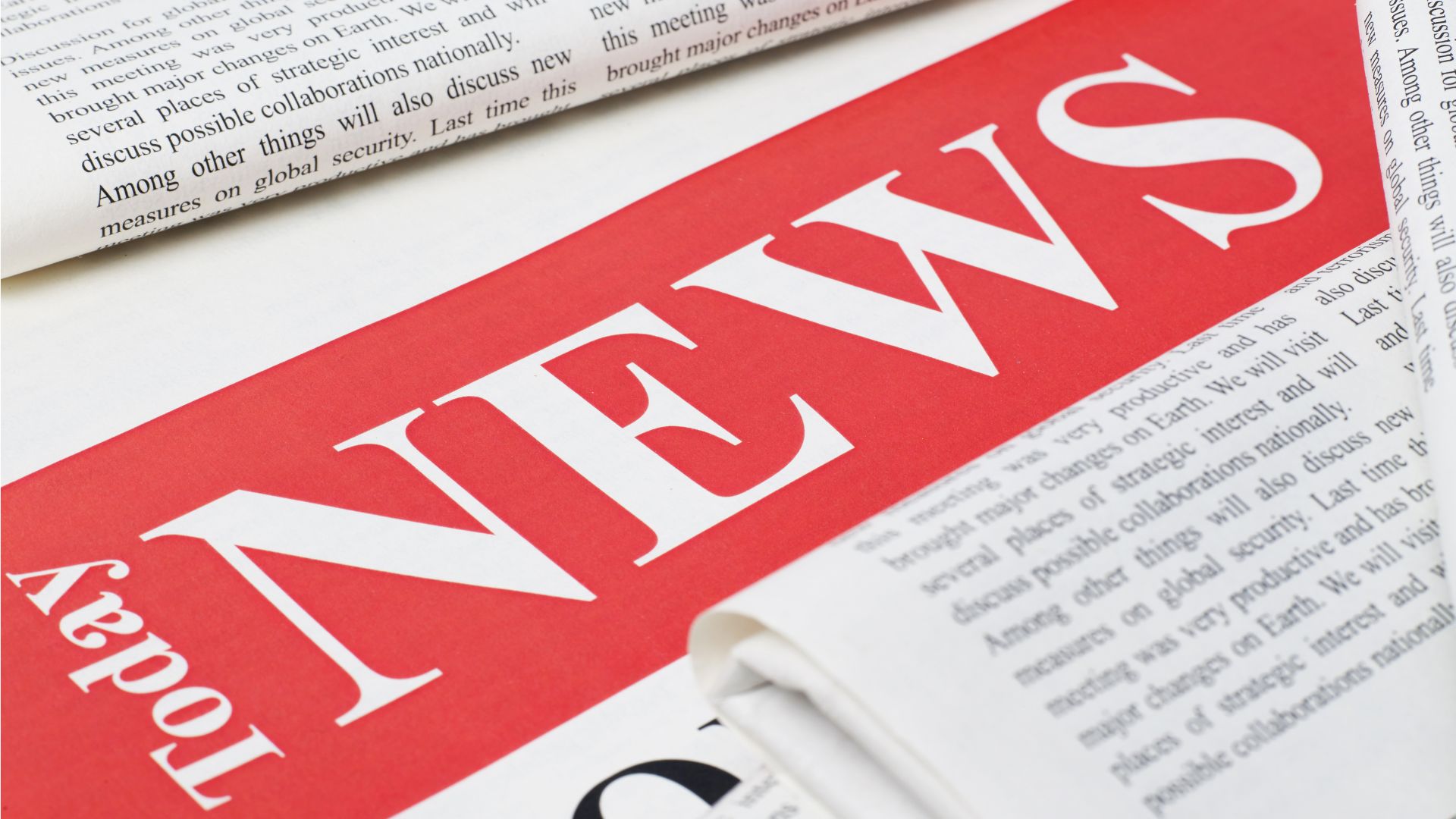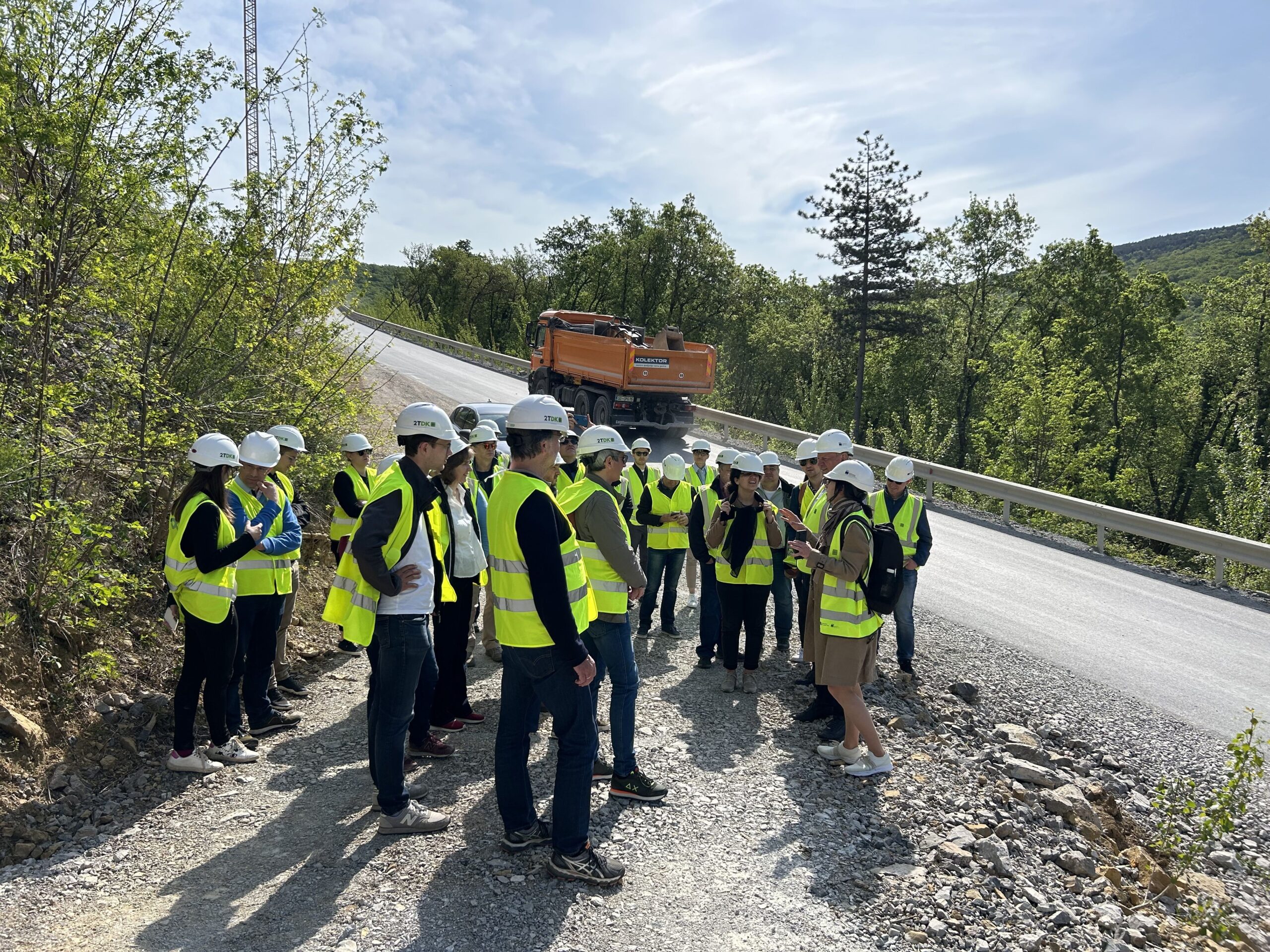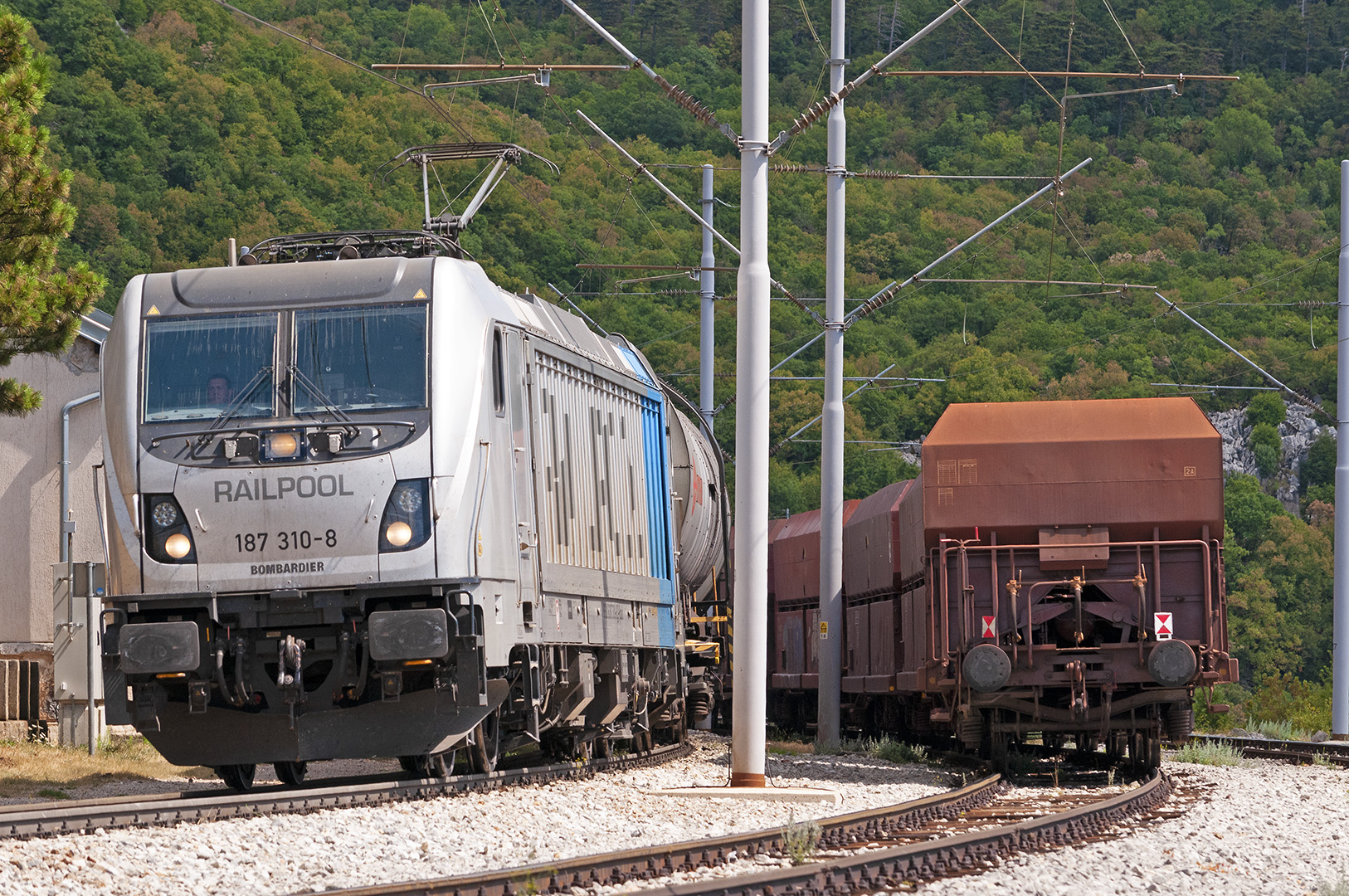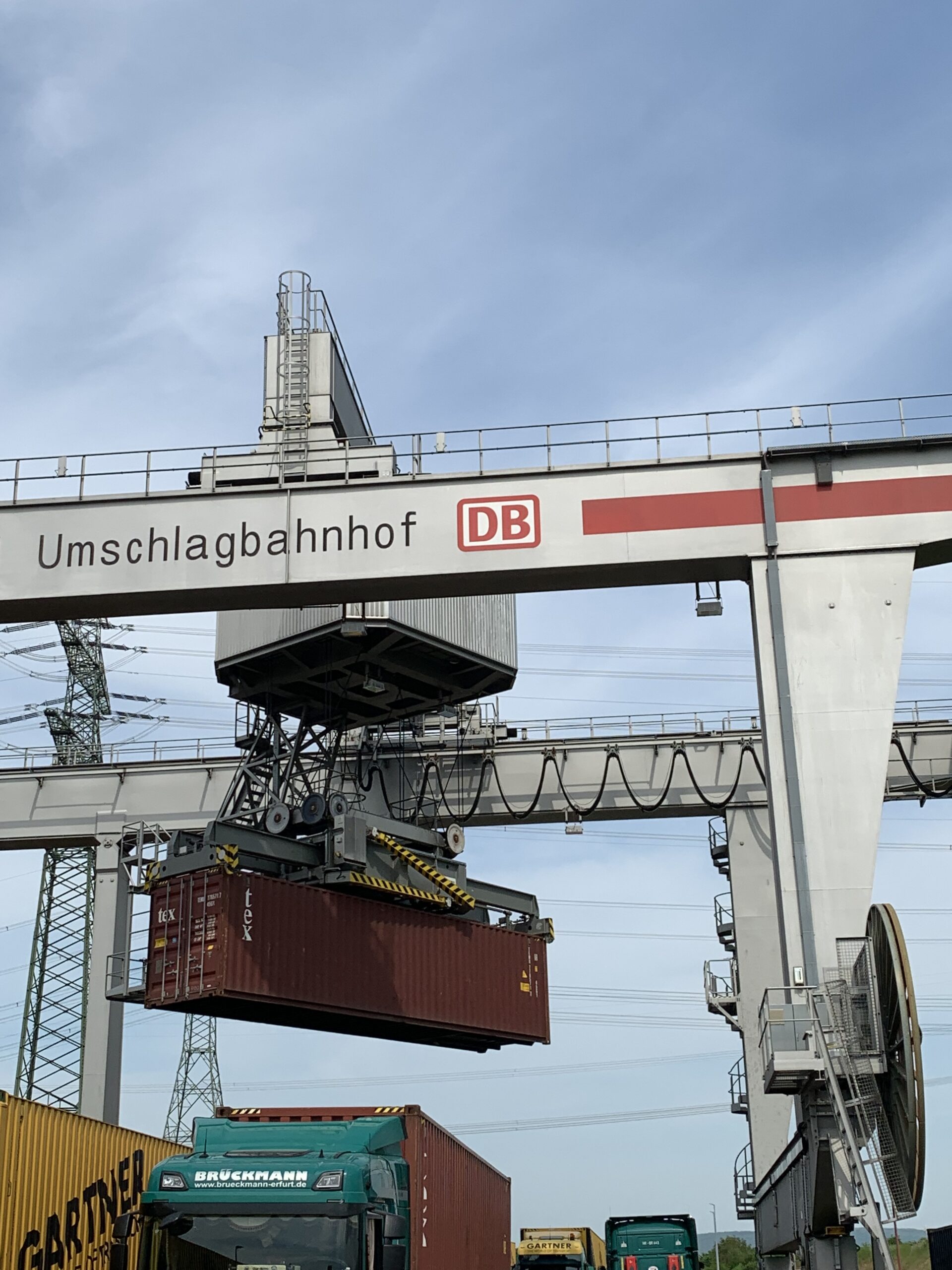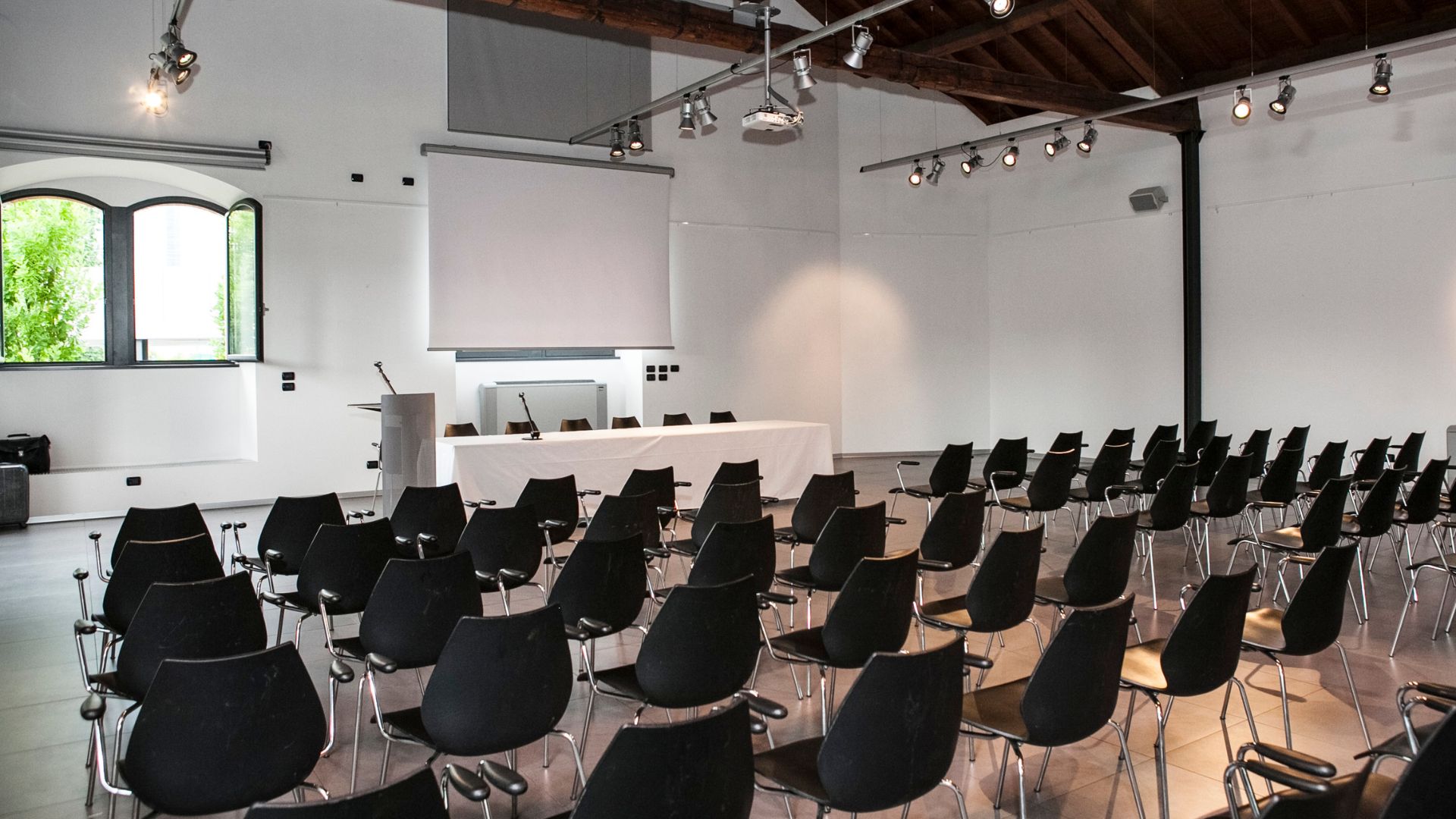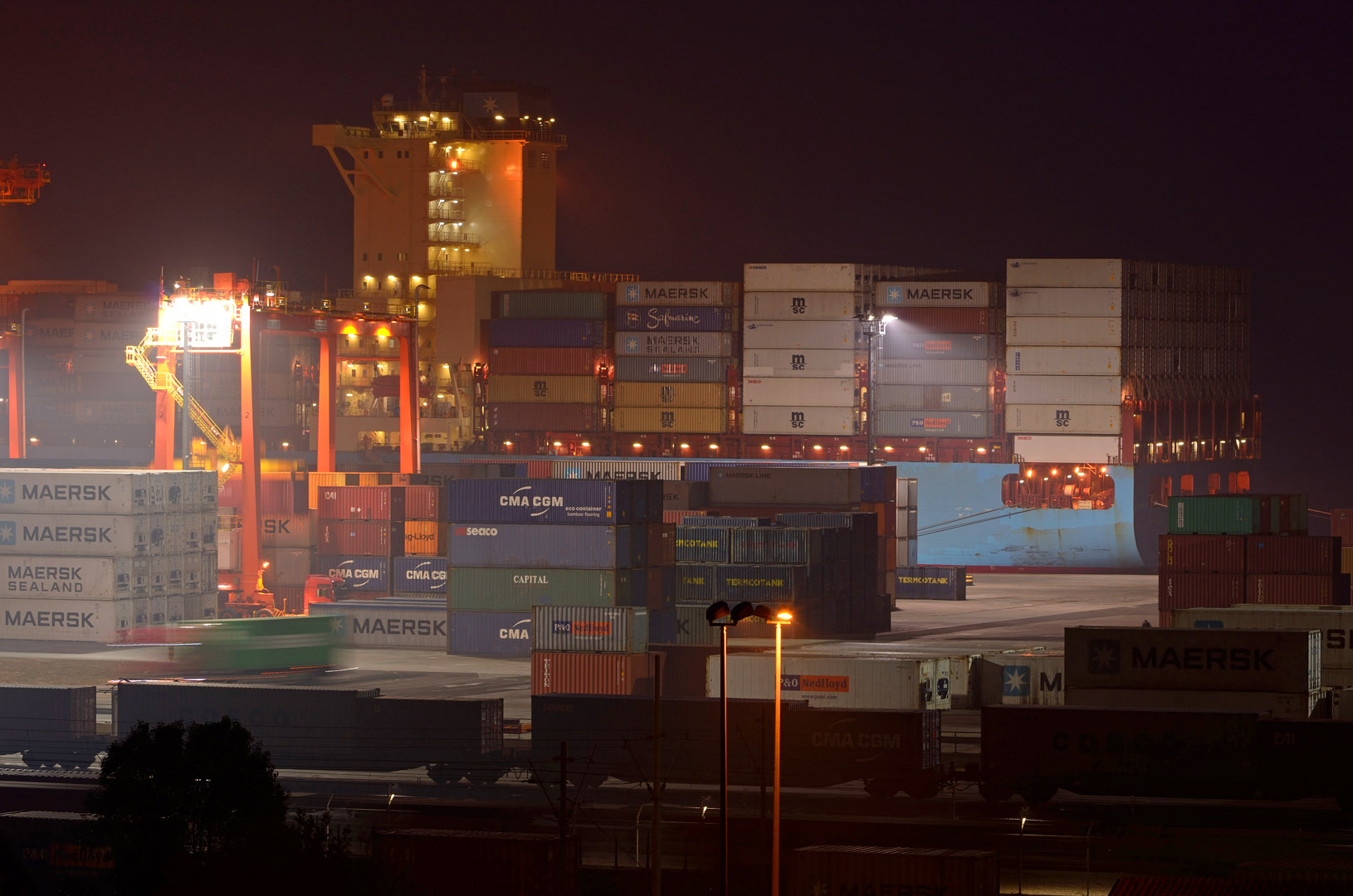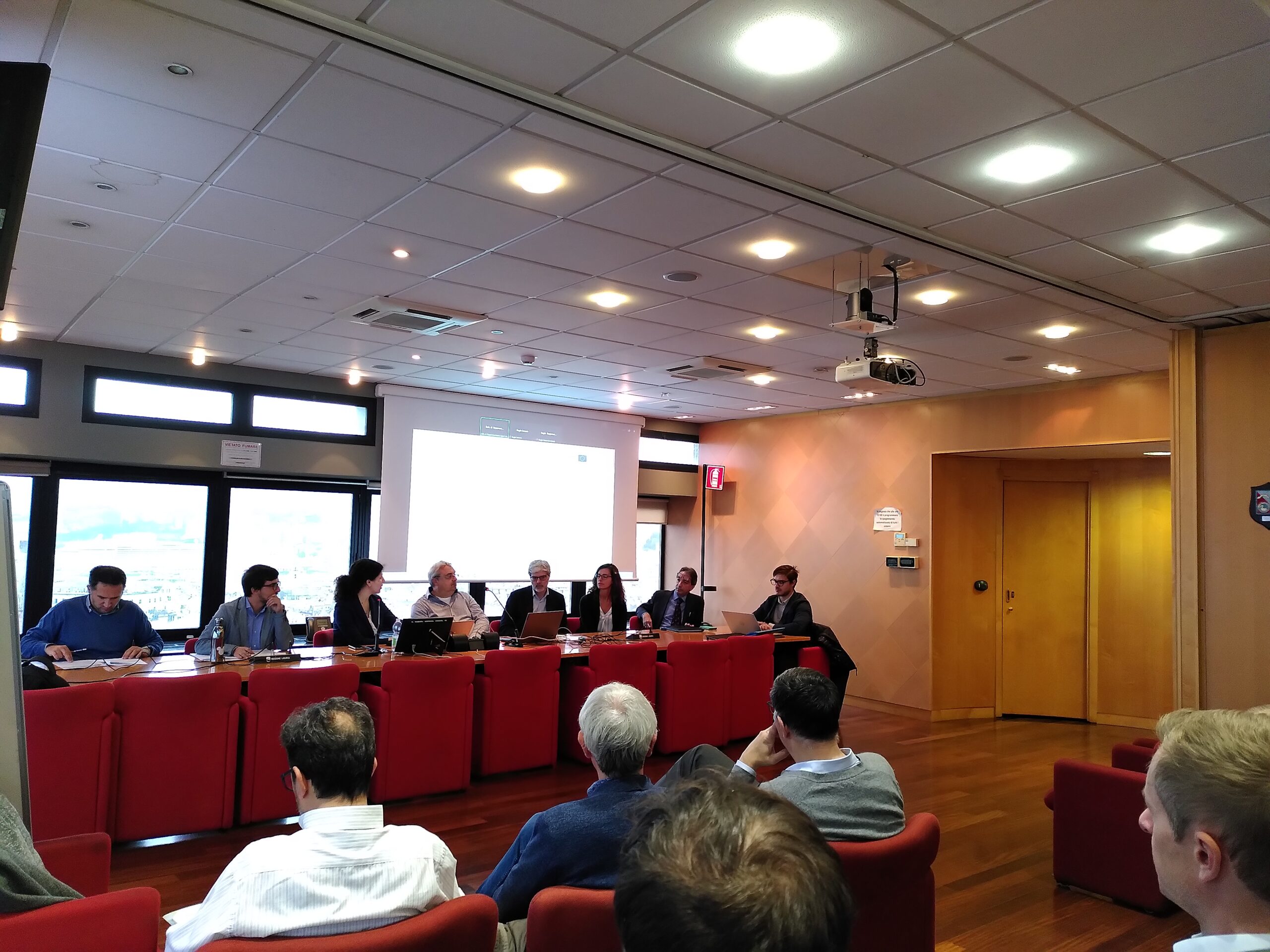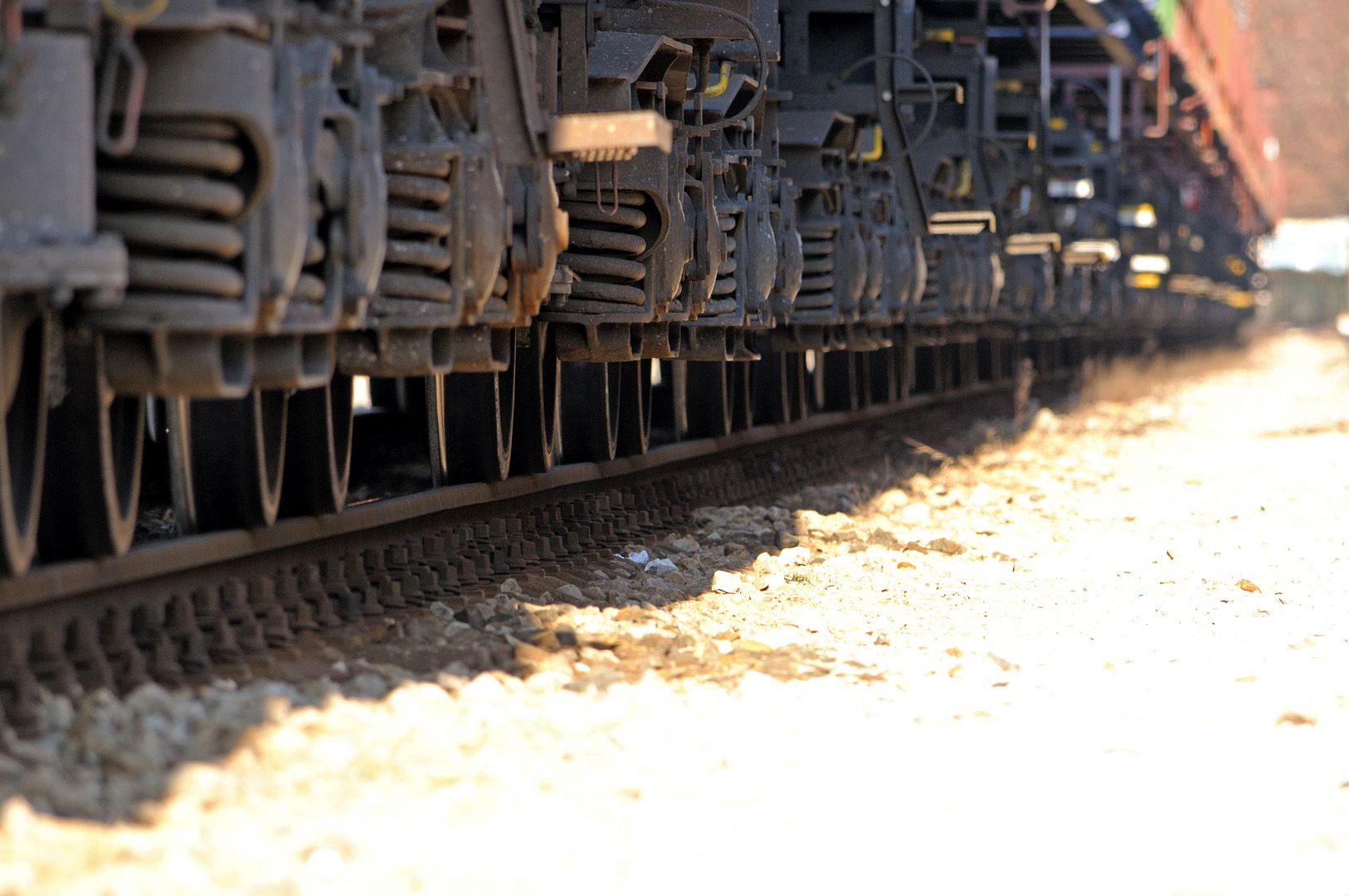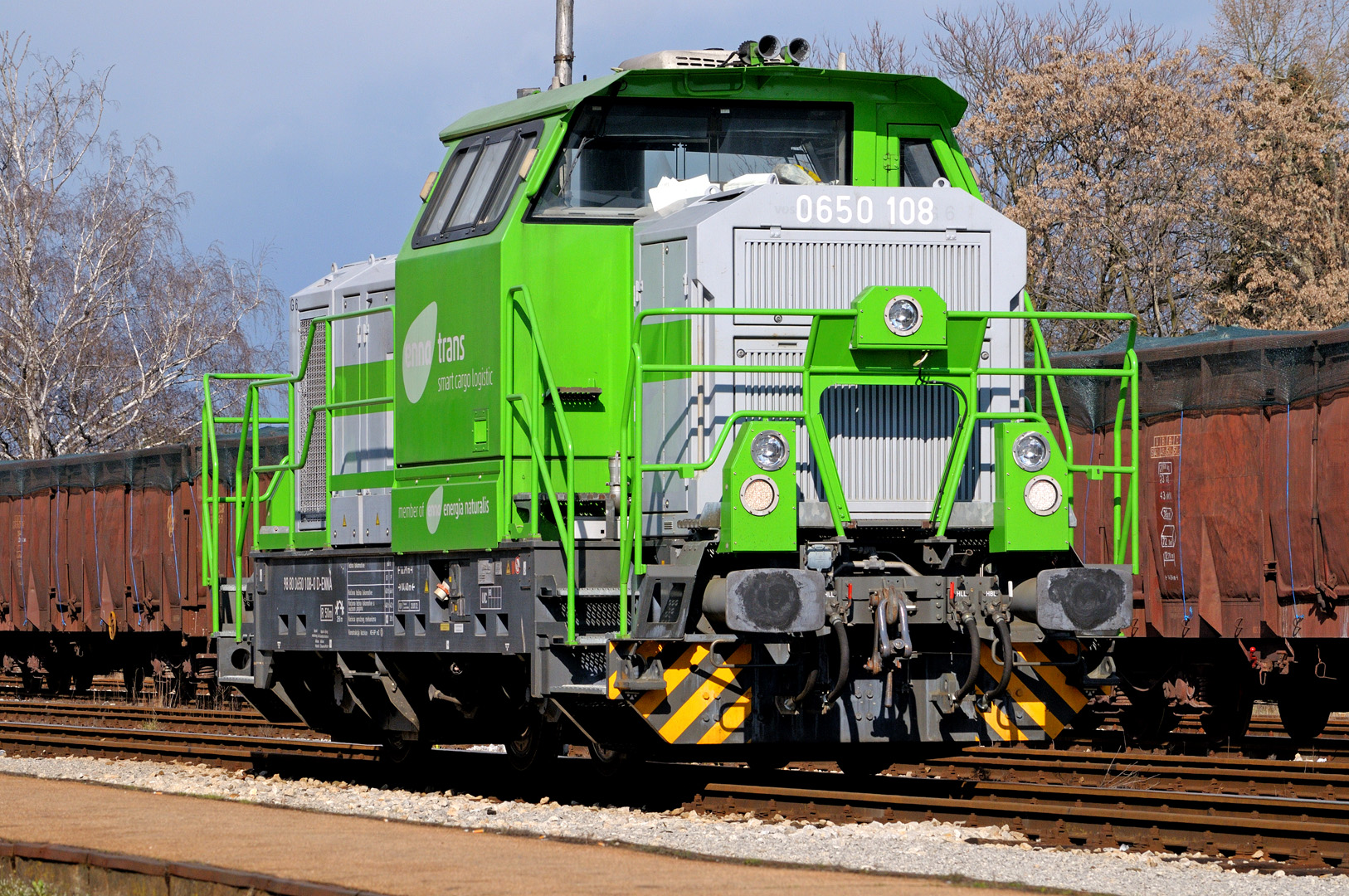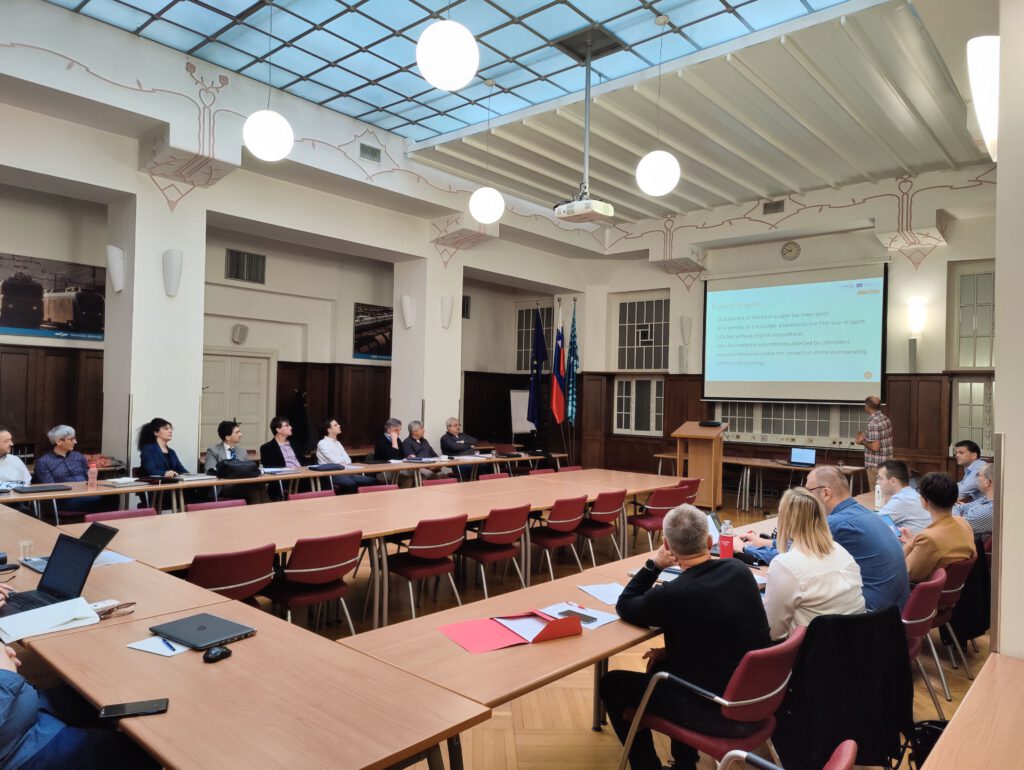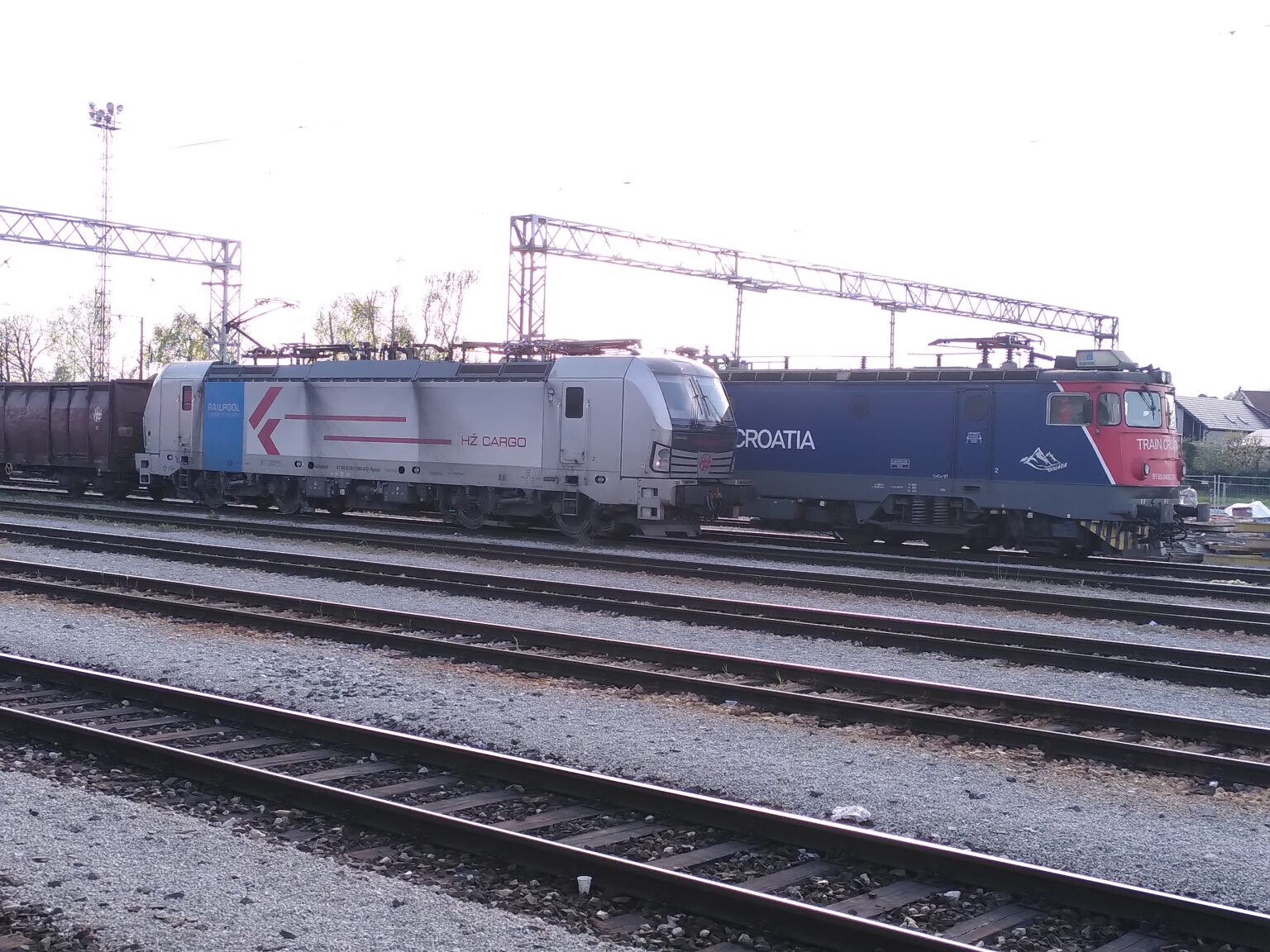Project overview
Enhancement of spatial and transport planning capacities in the promotion of the accessibility of the rail freight transport network and regional development
To reduce carbon emissions, more goods need to be moved by rail. But currently, most freight is still transported on central Europe’s roads due to rail infrastructure gaps that reduce competitiveness. The Rail4Regions project helps transport planners to integrate regional rail lines into European freight networks. The partners develop solutions to optimise regional rail lines and access points and create action plans to encourage the uptake of their solutions in regional development plans.
-
2,27m €
-
Project Budget
-
80%
-
of the Budget is funded by ERDF
-
8
-
Countries
-
9
-
Regions
-
11
-
Partners
-
4
-
Pilots
Duration
Start date
End date
Project progress
About the project
Project partnership
Project partners

Lead partner
Thuringian Ministry for Infrastructure and Agriculture
Department 5 - Strategic Spatial Development, Demography and Forests Unit 51 - Regional development and Spatial planning
99096 Erfurt
Project partner
Transport and Spatial Planning Institute
Department of Railway transport
Department for logistics and sustainable mobility
42 000 Varaždin
Financial and Human Resources Department
Roadmap
Identification and analysis of bottlenecks for rail freight transport
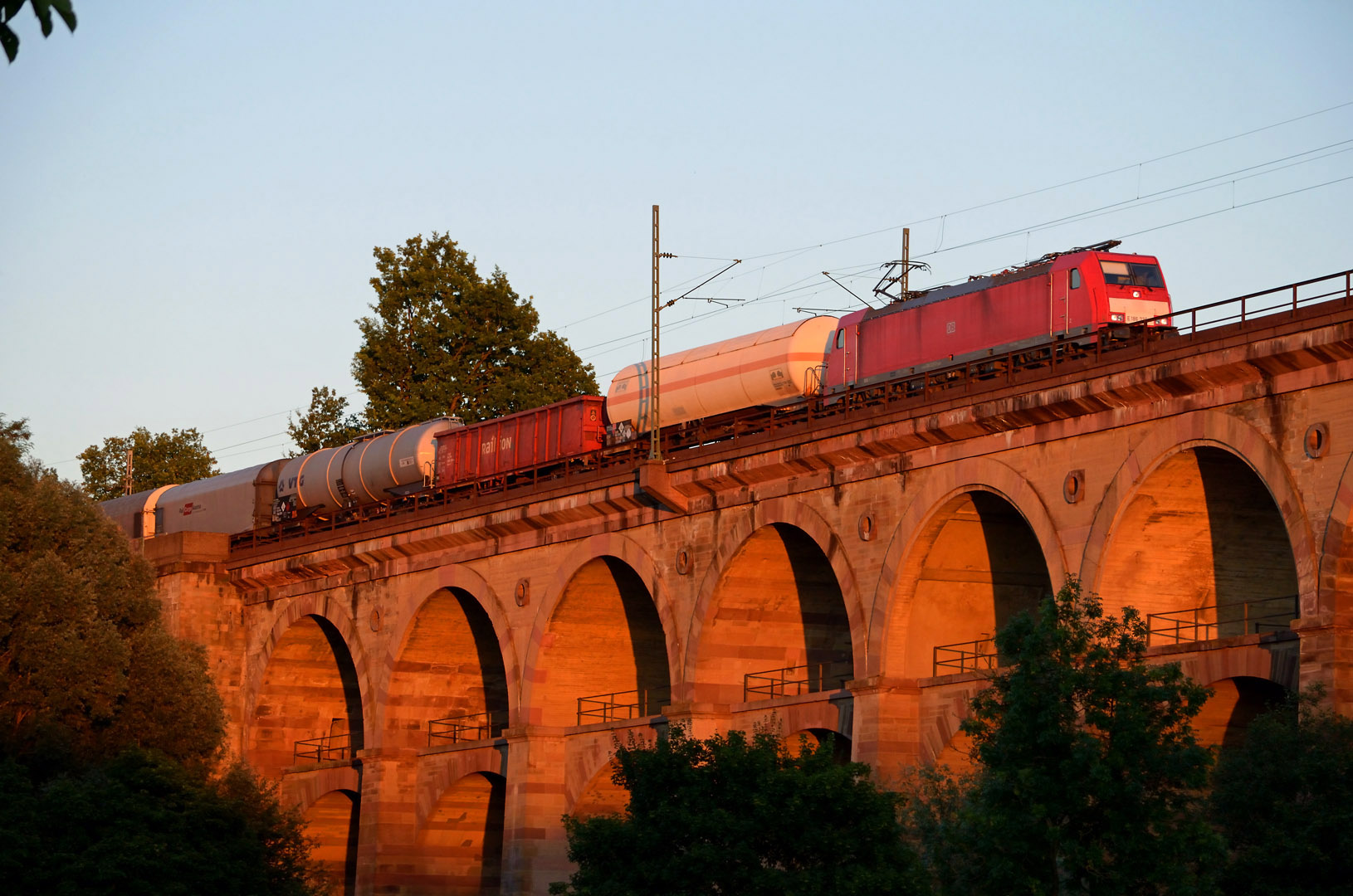
Based on case studies from all partner regions, the project partners and groups of local stakeholders identify and analyze the bottlenecks that hinder the transportation of goods of local companies by railway. The analysis also covers hidden costs of transport, including greenhouse gas emissions. The discussion and exchange on possible solutions to make the rail freight transport more accessible culminate in a White Paper on Freight Transport Access of Rural Areas. [Photo: (c) Ante Klečina]
Novel approaches in spatial and transport planning
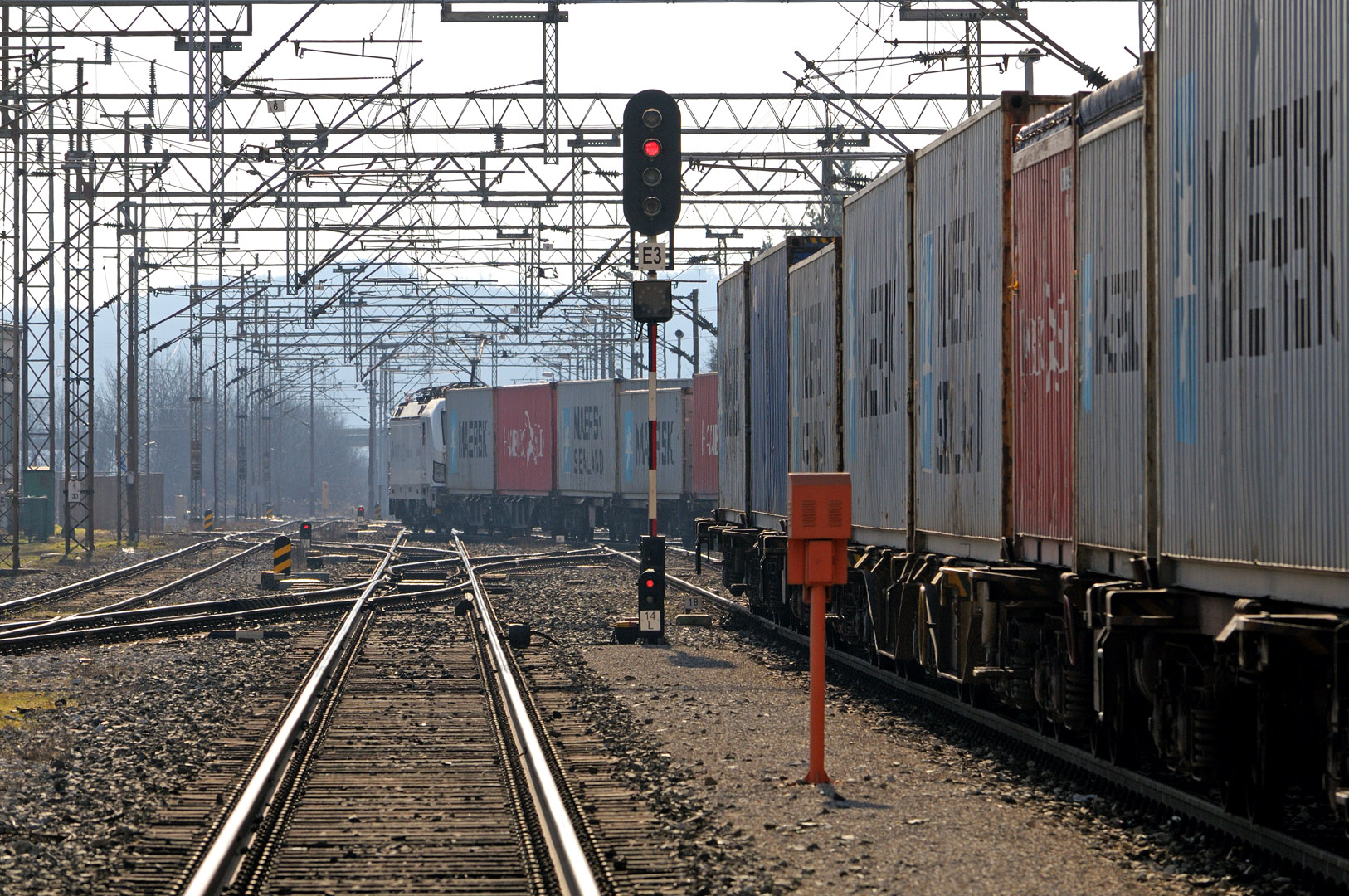
Partners of Rail4Regions team up in four transnational work groups to assess possible solutions (i) to enhance the network of loading points, (ii) to take better use of (disused) feeder lines, (iii) to promote industrial sidings, and (iv) in single waggon transport. In four pilot actions, each approach is checked against the regional background of at least one partner region to assess its feasibility and prerequirements for uptake and transfer. [Photo: (c) Ante Klečina]
Uptake and transfer of new solutions
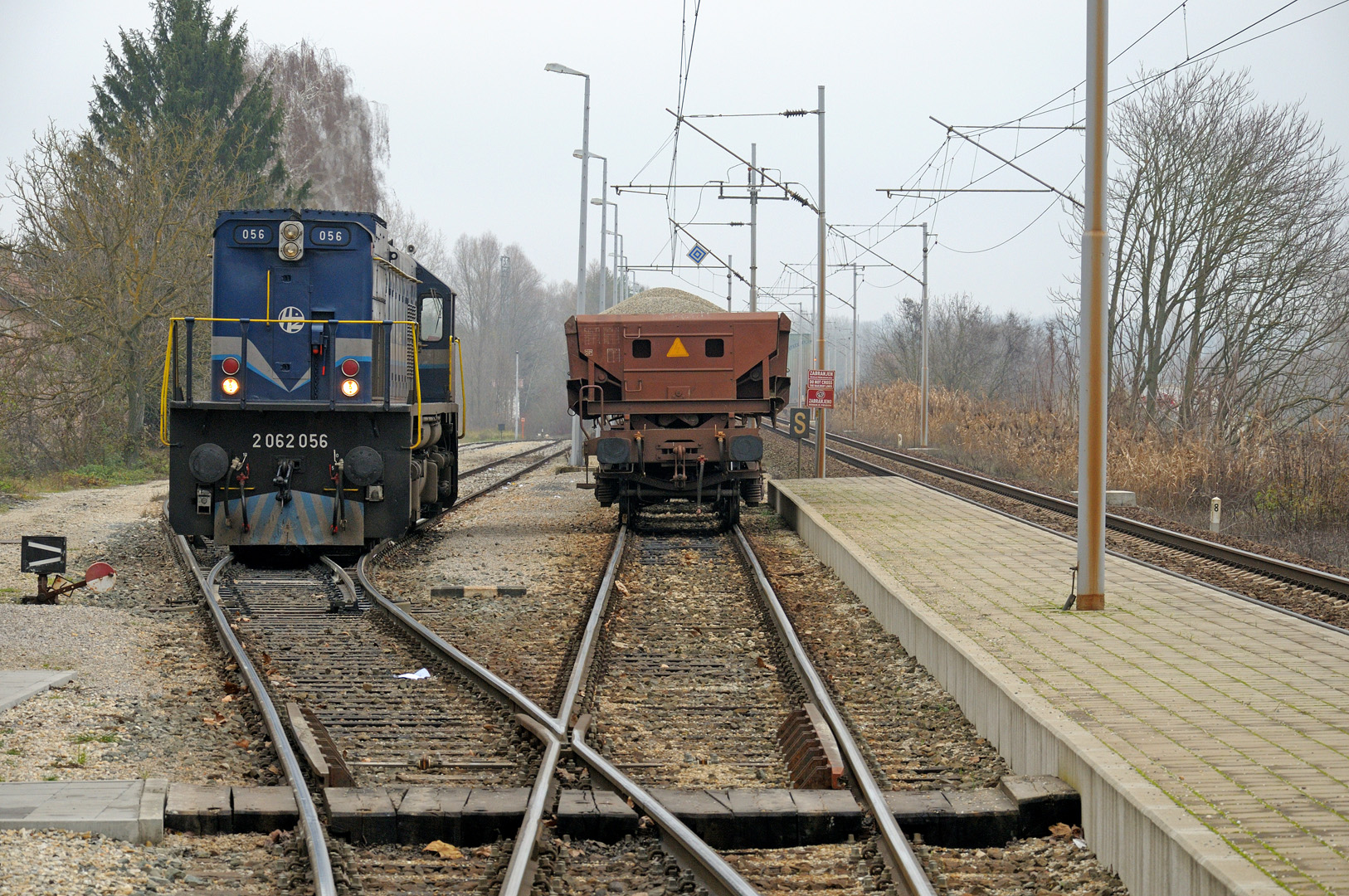
Together with stakeholder and key actors the potentials of found solutions are discussed for each of the Central European regions participating in Rail4Regions. Based on common criteria, the potentials to shift volumes to rail transportation and subsequent savings in greenhouse gas emissions are calculated. These findings are presented to decision-makers to call for changes in spatial and transport planning policies. [Photo: (c) Ante Klečina]
Policy integration and roll-out
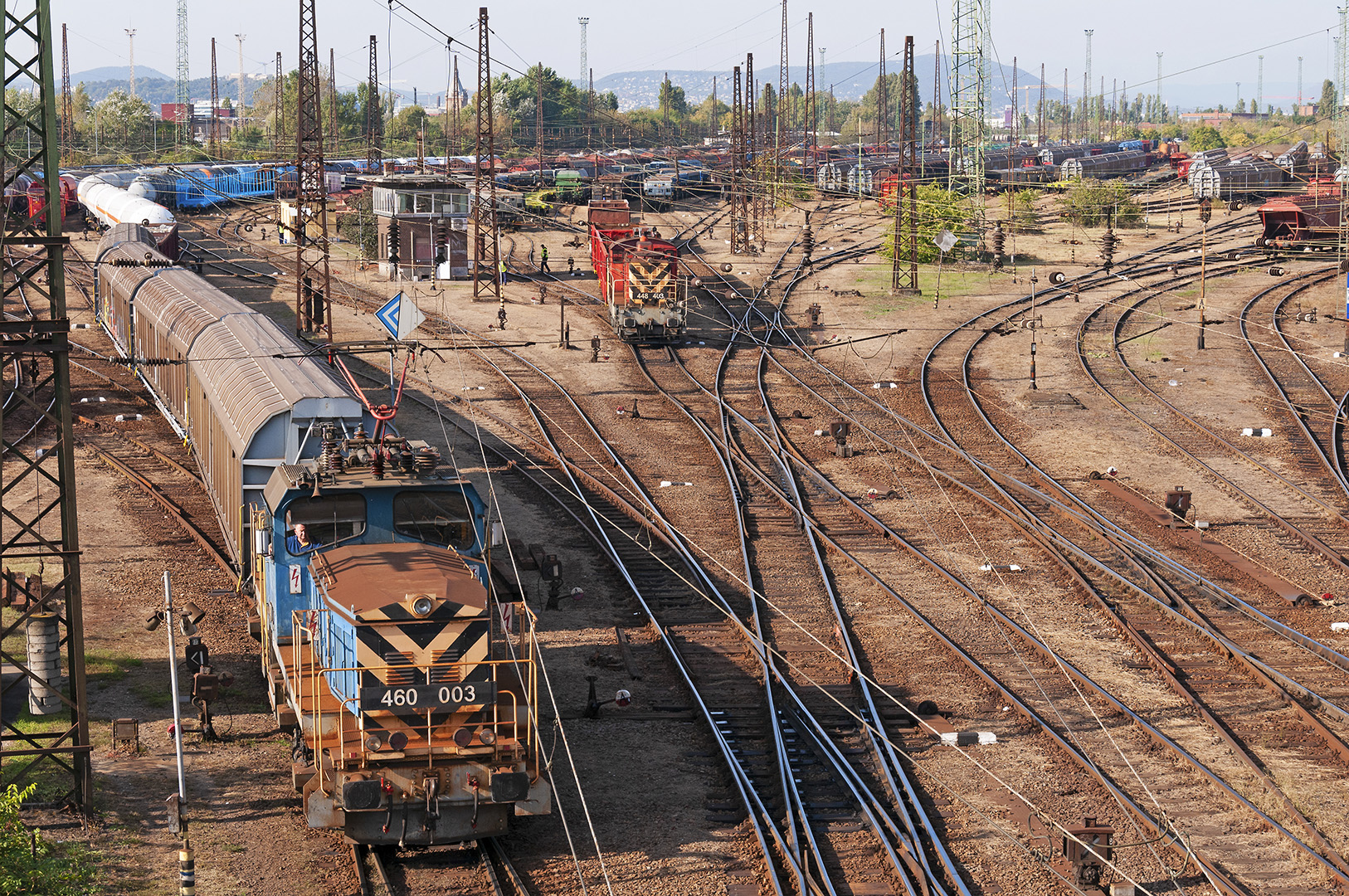
In the final phase of the project, action plans to enhance regional spatial planning and transport policies are peer reviewed by project partners and stakeholders, and later adopted by the responsible decision-makers. In Erfurt, partners from Thuringia host a Policy Conference, which is also the project's final event. [Photo: (c) Ante Klečina]
News
Events
Pilot actions
Outputs
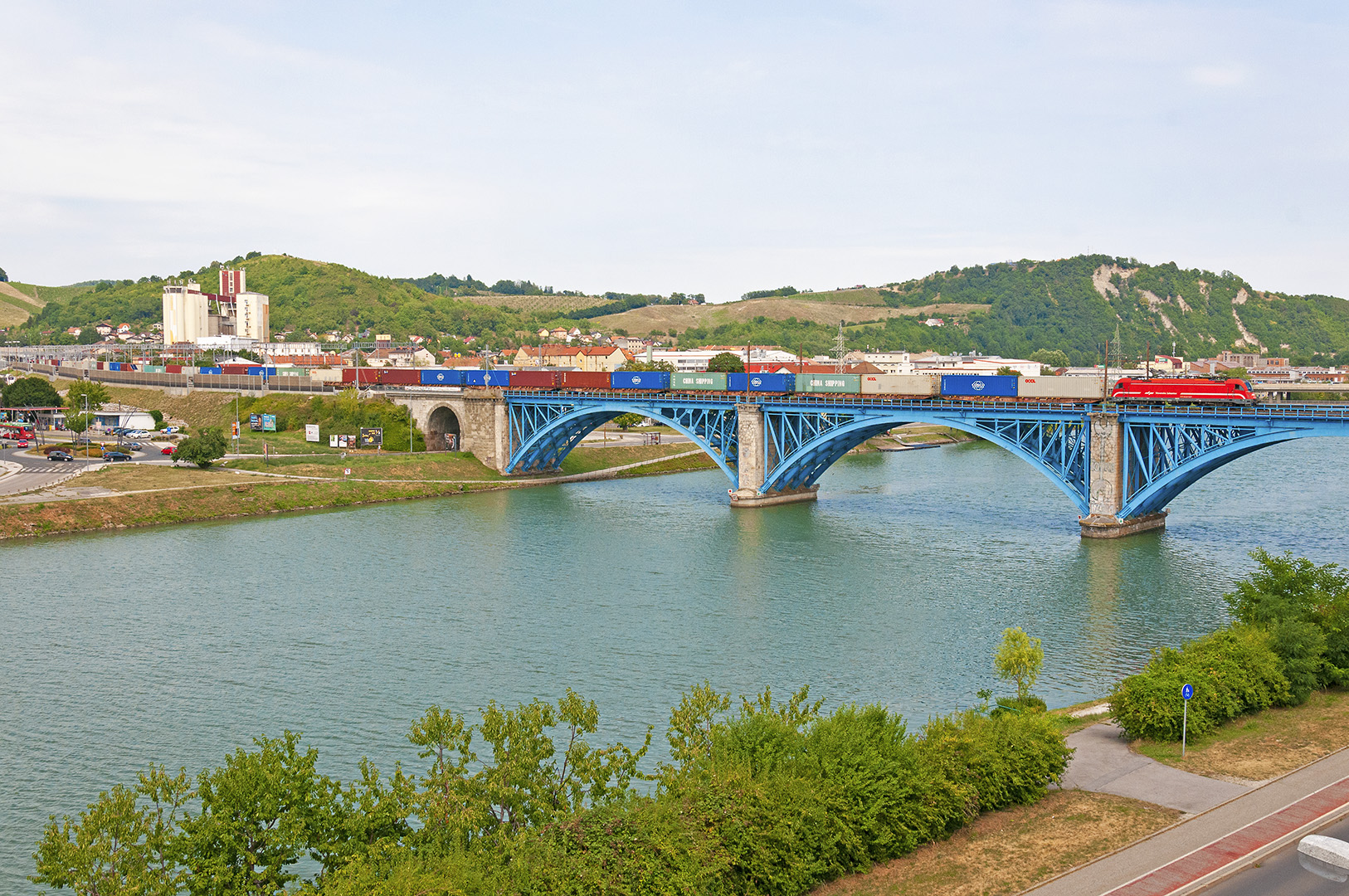
White Paper on Freight Transport Access of Rural Areas
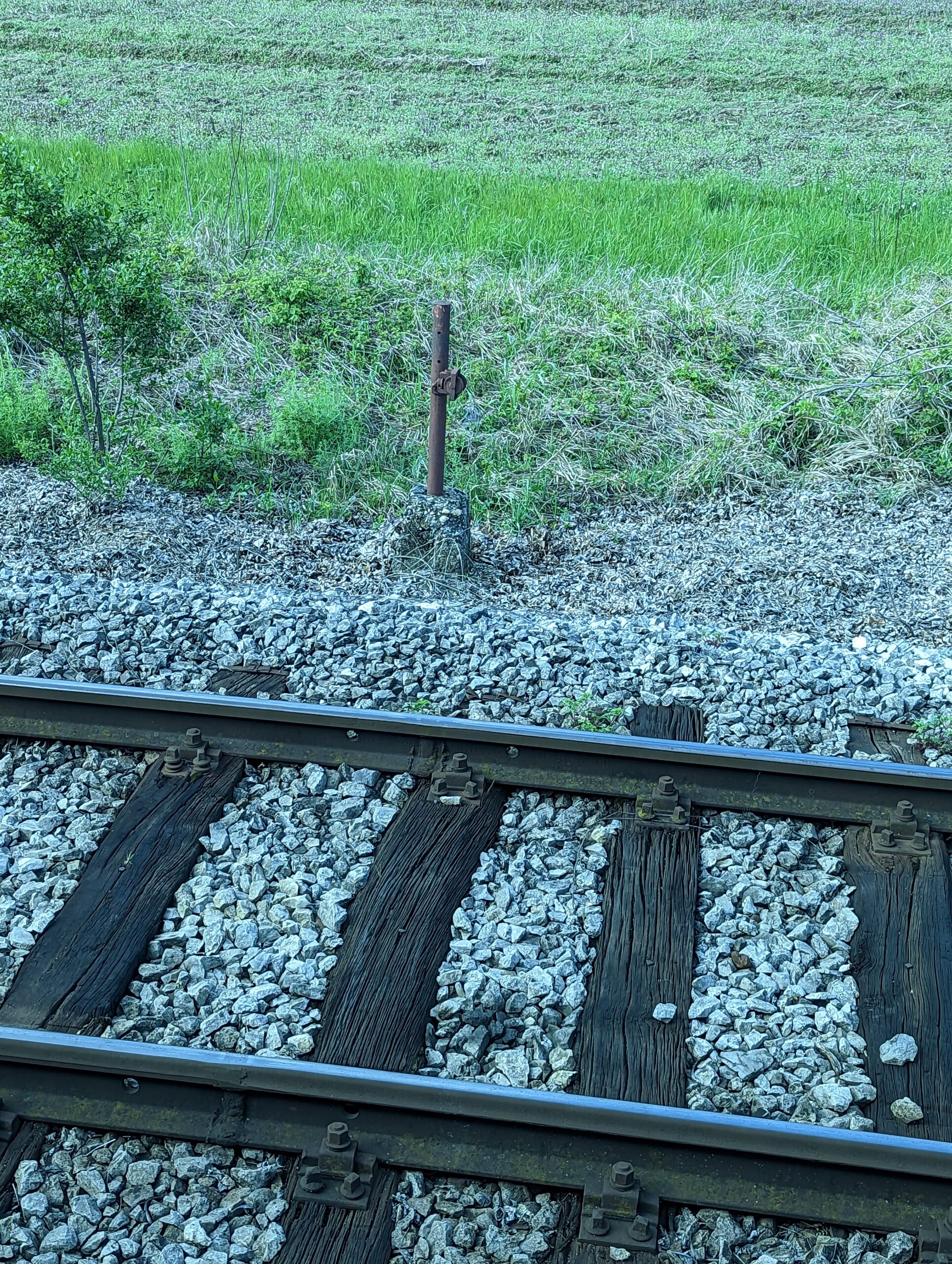
Railhub finder
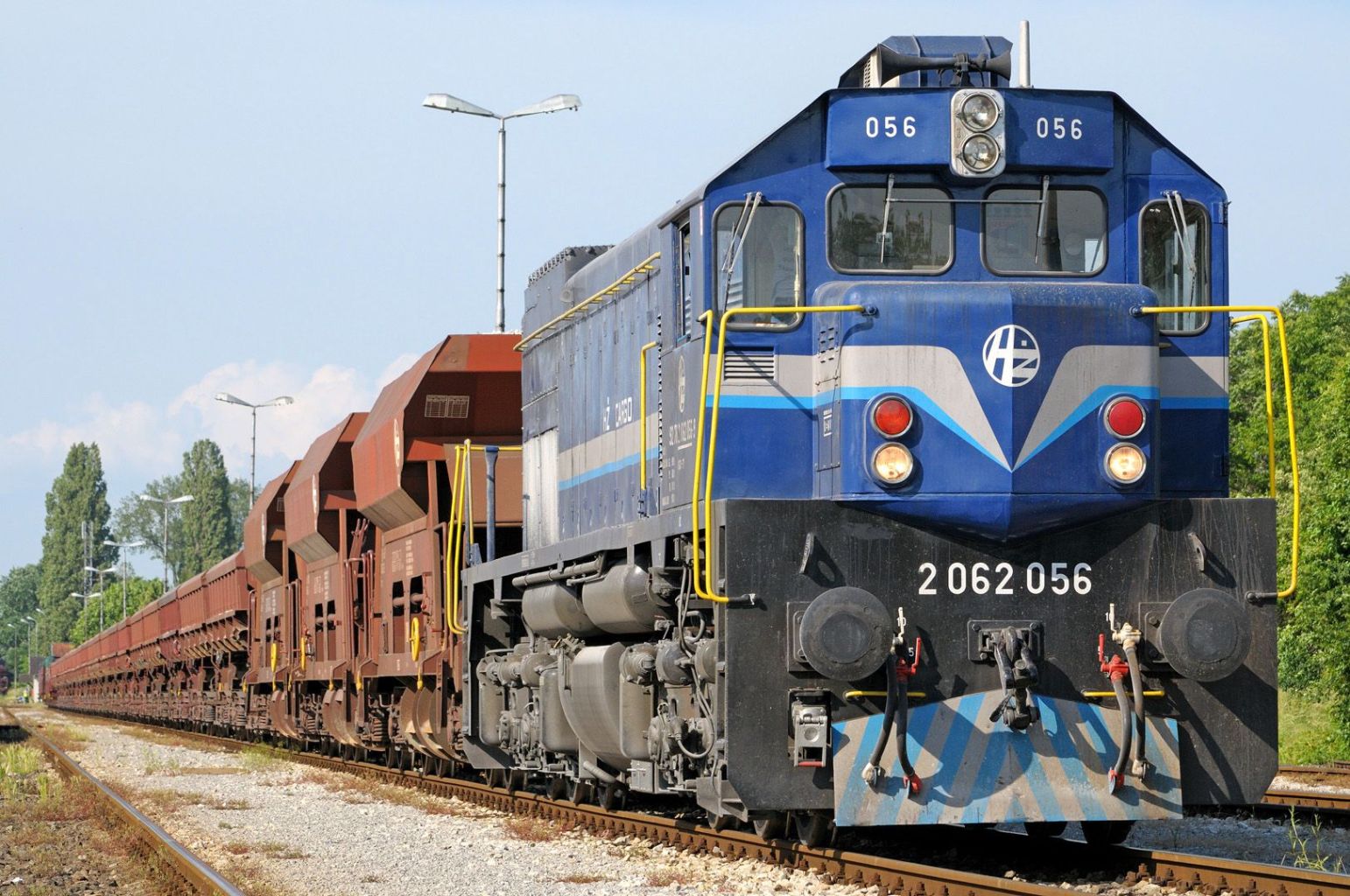
Guideline for the revitalisation of branch lines
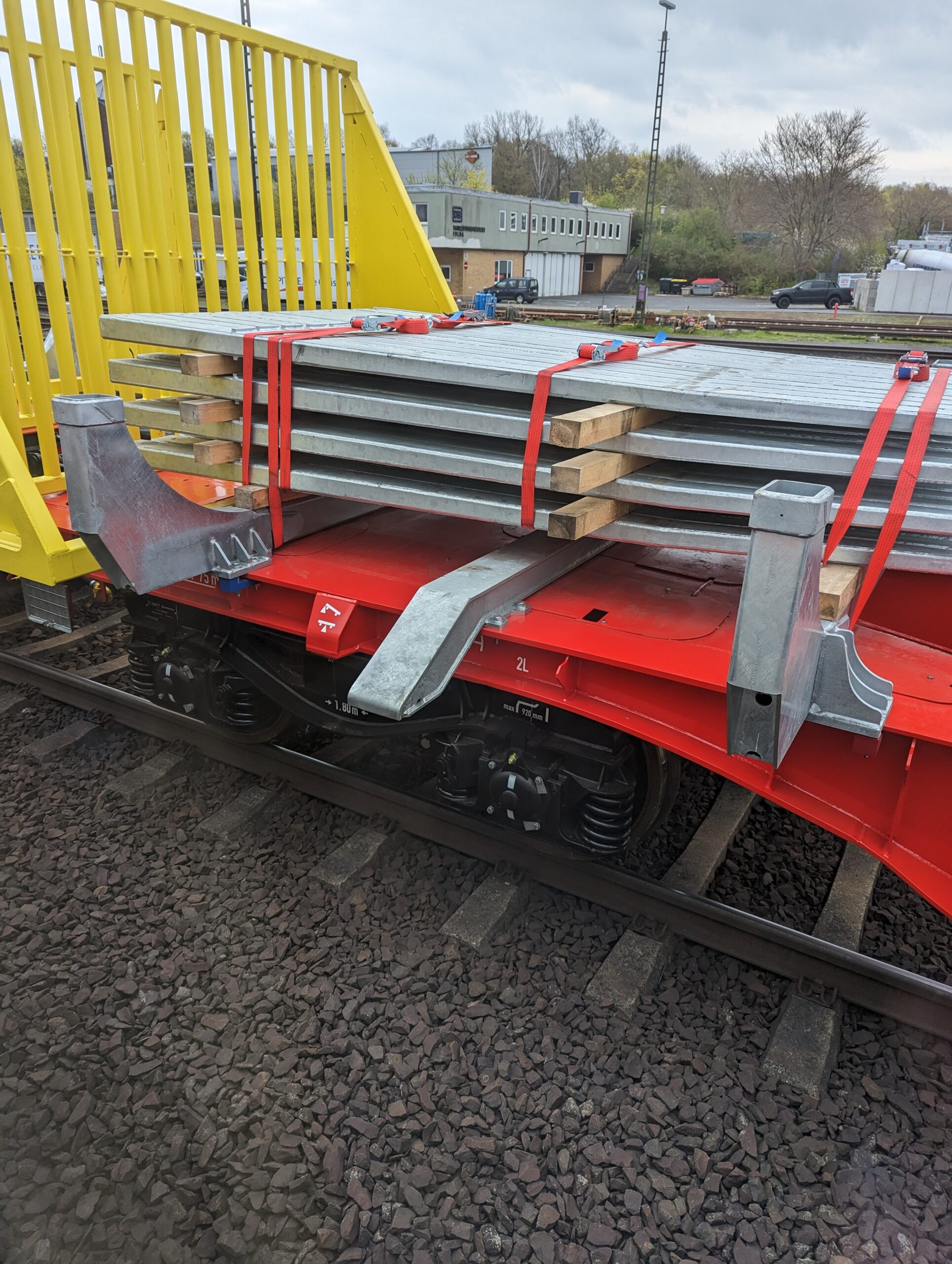
Decision-making tool for industrial sidings
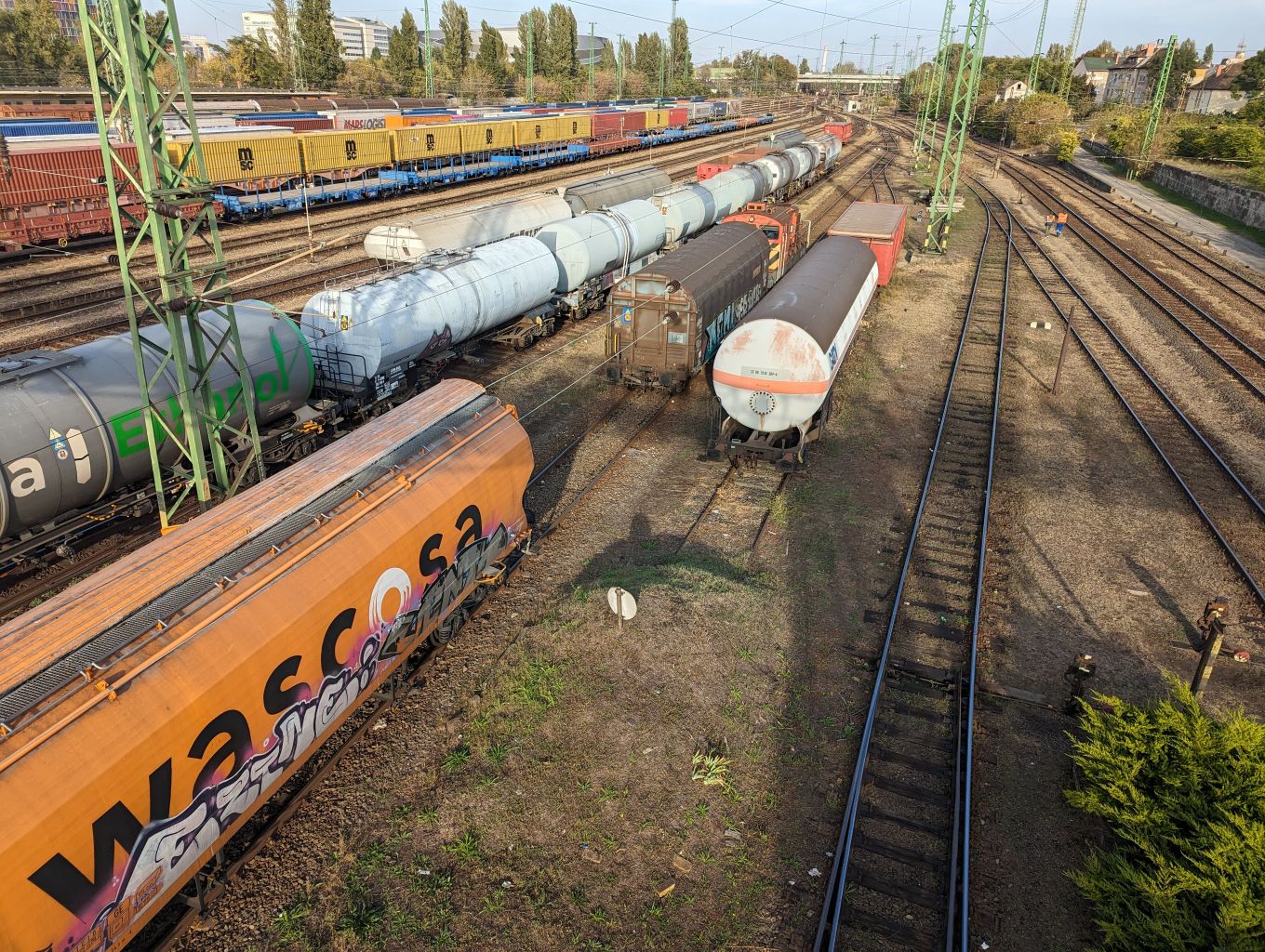
Green Paper on the promotion of single wagon transport
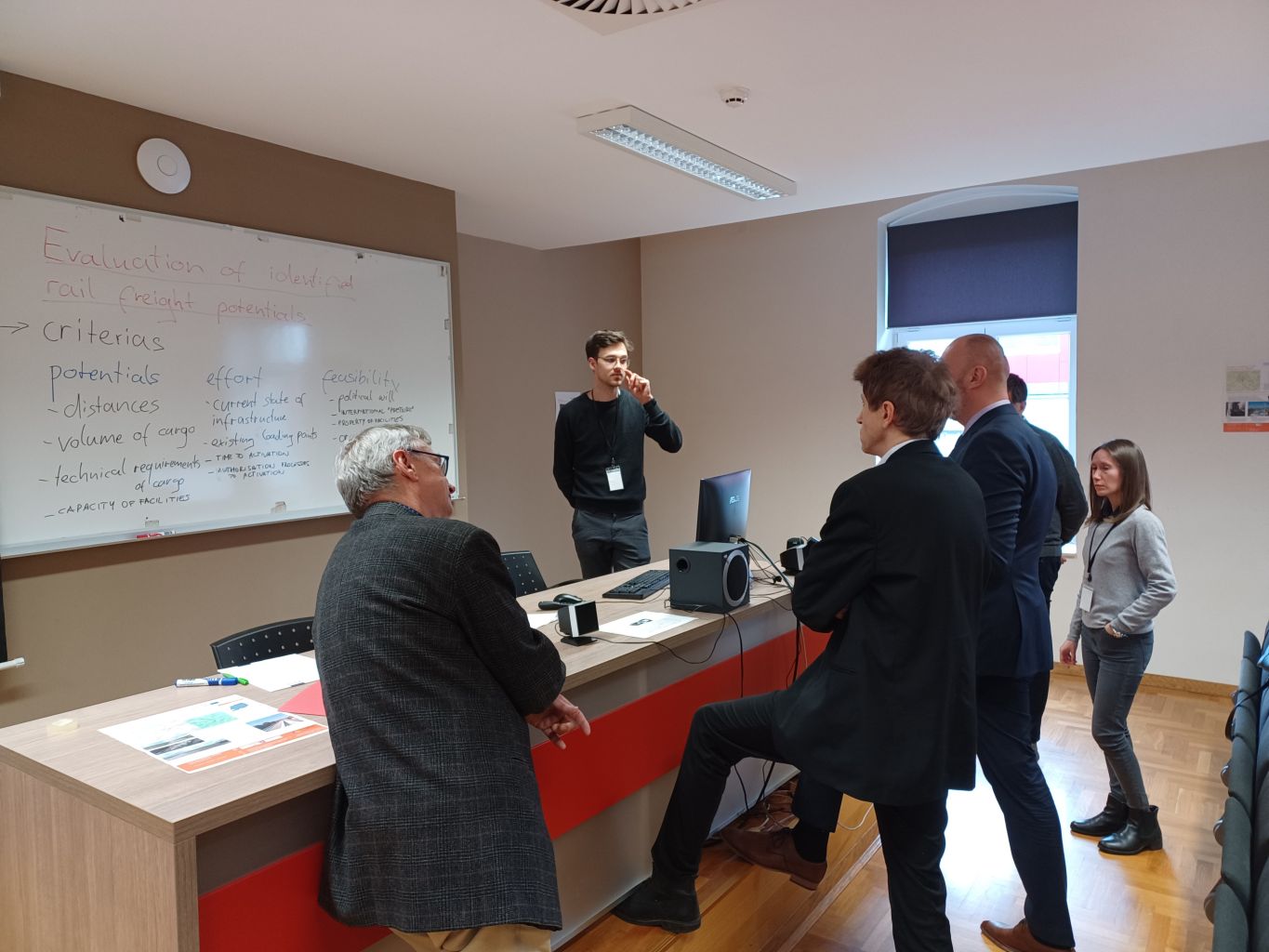
Peer reviewed action plans
Project documents
Project newsletter
Deliverables
Rail4Regions
The project lead partner is responsible for the content of this project website.
